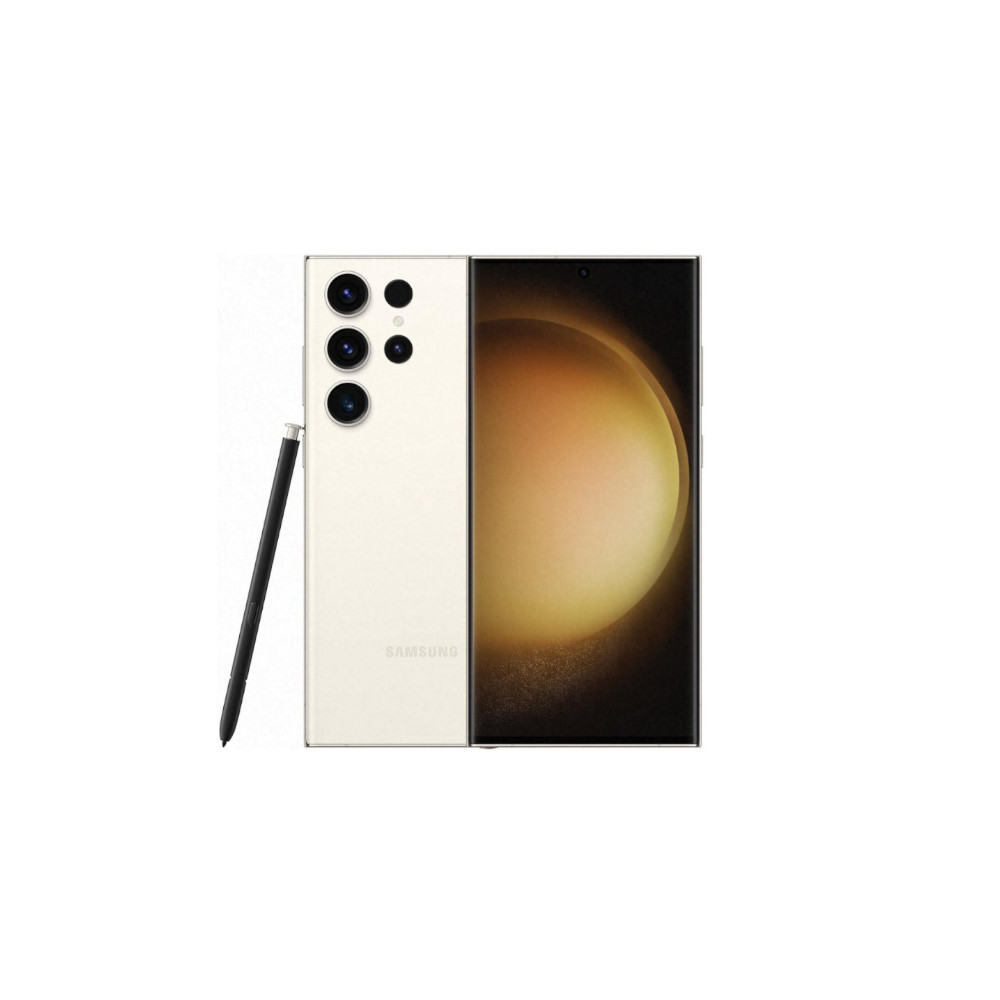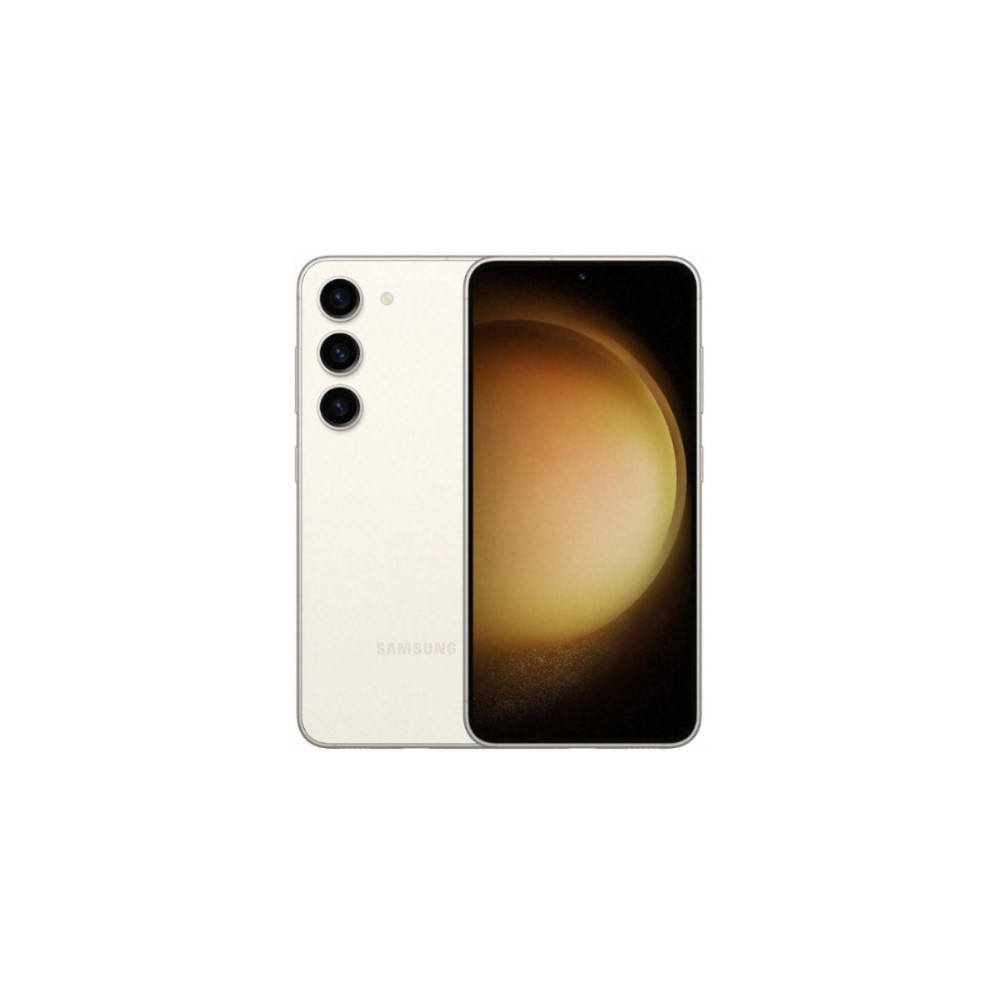Affiliate links on Android Authority may earn us a commission. Learn more.
Now we know how the Galaxy S23's Snapdragon 8 Gen 2 chip differs from the rest
February 1, 2023
- Samsung’s latest Galaxy phone has a custom Snapdragon 8 Gen 2 chip.
- The Snapdragon 8 Gen 2 for Galaxy may essentially be what this year’s Plus variant would have been.
- Users likely won’t see much of a performance boost.
Samsung officially revealed the Galaxy S23 series during Galaxy Unpacked today. Along with a bevy of other features, the device is getting a custom Qualcomm chip called the Snapdragon 8 Gen 2 for Galaxy. Although we’ve heard through numerous leaks that it’s an overclocked version of the Snapdragon 8 Gen 2 chip, we didn’t know how it differed from the normal version. That is until now.

Snapdragon 8 Gen 2 power
Bigger battery

Beautiful display
S Pen functionality
According to folks over there at XDA Developers, the Snapdragon 8 Gen 2 for Galaxy increases the primary clock speed by .16GHz and the GPU clock speed by 39MHz. As such, it’s assumed that this custom chip may in fact be what would have been the Snapdragon 8 Plus Gen 2.
The Galaxy S23 series is also apparently the first smartphone to make better use of the Snapdragon 8 Gen 2’s so-called Cognitive ISP functionality.
This Cognitive ISP feature enables real-time semantic segmentation that’s capable of enhancing images. Semantic segmentation is a feature that identifies objects and subjects in a scene, and it’s often used for features like portrait mode and AI modes. However, Qualcomm’s more advanced solution is faster and offers more granular identification, being able to tell the difference between skin, hair, teeth, fabric, and more. This should enable improved image processing.
The Plus variant of its chips tends to be reserved for Qualcomm’s mid-gen refresh. Could the existence of the Snapdragon 8 Gen 2 for Galaxy mean that Qualcomm is planning to skip the Plus variant this year? We’ll have to wait and see what Qualcomm decides to do. It wouldn’t be all that surprising if the chip maker still made a Plus variant, but made it slightly better than Samsung’s chip.
